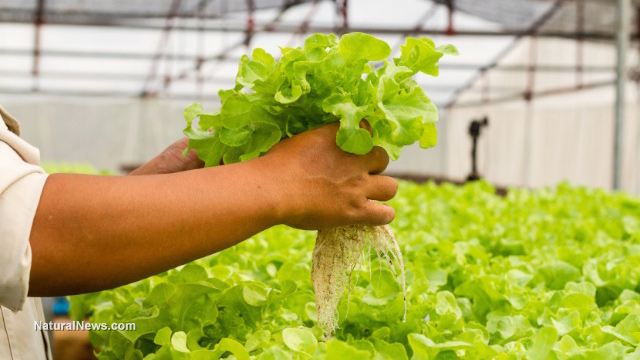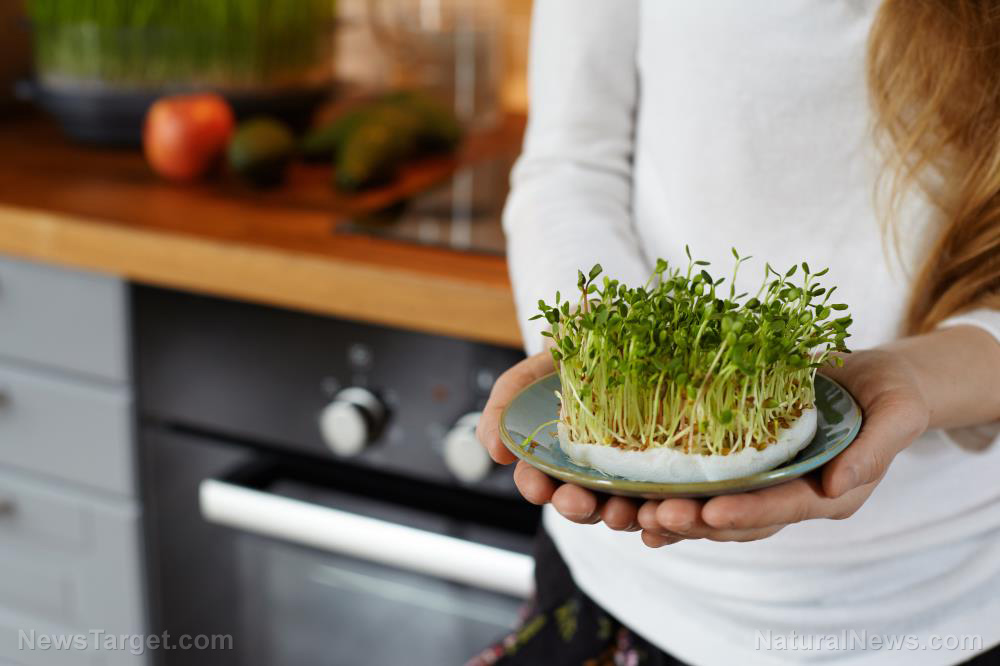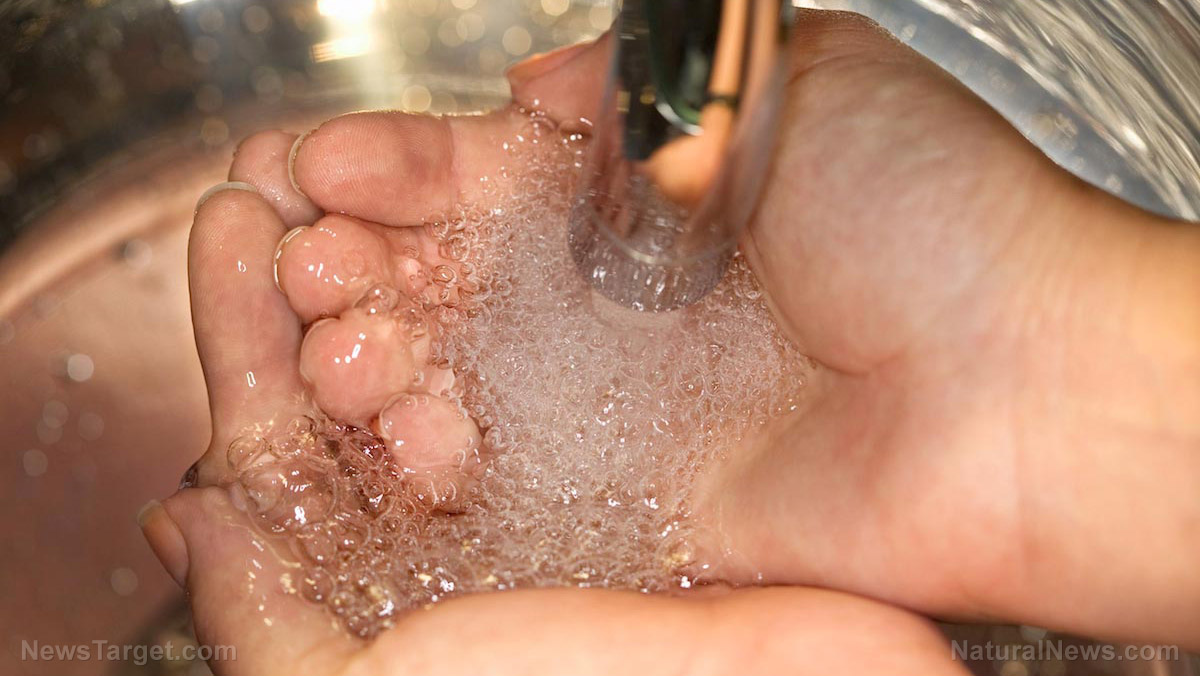7 Reasons why you should start building an aquaponics garden now
05/11/2018 / By David Williams

Traditional farming methods have their perks, but now that viable alternatives such as aquaponics exist, some people consider them entirely obsolete. You might think that’s an overreaction, but when you look at the actual benefits of aquaponics, you’ll quickly understand.
With aquaponics, there is a clear symbiotic relationship between all of the organisms contained within the system. Farmed fish and other aquatic animals offer nutrients that hydroponic plants need, while the plants offer nutrients in return and also purify the water in the system. The system exists to serve itself first and foremost, but its benefits to the ones running it are also clear.
Here are seven reasons why it’s time for you to start building an aquaponics garden instead of going the traditional farming route, in case you planned on doing that. (Related: Aquaponics: Is this promising, sustainable farming method the urbanized future of agriculture?)
- Helps conserve water – Compared with traditional farming methods, aquaponics requires a lot less water. In fact, aquaponic systems usually require up to 90 percent less water than conventional farming, and that’s because water nutrients can be recycled through a closed-loop system that’s implemented as part of the garden itself. This is what allows aquaponics to use less water than would otherwise be necessary.
- Helps conserve land – With aquaponics, it’s possible to grow up to six times the amount of produce per square foot compared with traditional farming. And the fact that places like abandoned warehouses can be used for them means that there will be a lot of savings in terms of land use in general.
- Helps conserve fuel – Fuel conservation also happens thanks to aquaponic systems, mainly because of aquaponic fish and produce only need to travel less than five miles from the farm to consumers. This reduces the amount of so-called Food Miles necessary, which is where the fuel conservation bit comes from.
- Helps conserve energy – Aquaponic farming systems use grow lights that require a lot less energy than those used in many commercial farming systems. What’s more, the use of green energy sources like solar, wind, and hydroelectric power is always an option.
- Protects lakes and rivers – Aquaponics can be considered environmentally friendly because no chemicals or fertilizers are used in its implementation. As you know, typical farms tend to use massive amounts of these to stay operational, so that’s another thing you can avoid and save money on if you go with aquaponics. The protection of lakes and rivers is just a side benefit.
- Offers health and nutrition benefits – Cold-blooded fish, which serve as the source of aquaponic fertilizer, don’t carry any toxins or deadly bacteria such as E. coli, so you know that they’re safe. Meanwhile, fish that have been grown using aquaponics contain no antibiotics, mercury, growth hormones, or polychlorinated biphenyls (PCBs). You can avoid all of these harmful items simply by going with aquaponics.
- Wholesome family fun – Finally, aquaponics is something that the entire family can participate in. Even young children can get involved by learning the ways that marine life and vegetation can be beneficial for one another, and watch aquaponic gardens grow from nothing to something that is quite remarkable.
Mother Nature's micronutrient secret: Organic Broccoli Sprout Capsules now available, delivering 280mg of high-density nutrition, including the extraordinary "sulforaphane" and "glucosinolate" nutrients found only in cruciferous healing foods. Every lot laboratory tested. See availability here.
An aquaponic garden is a self-sustaining system and a great choice for preppers. Whatever your objectives may be, running an aquaponic garden of your own can offer you tremendous benefits. And the great thing is that you can get started working on it today. The sooner you do so, the sooner you will get to experience the benefits. And that’s going to be a win-win for everyone involved.
Read more about the latest farming methods at Harvest.news.
Sources include:
Tagged Under: aquaponic garden, aquaponics, conventional farming, energy conservation, environment, farming, farms, fish farming, fish garden, food supply, gardening, harvest, land conservation, marine life, renewable energy, traditional farming, water conservation




















